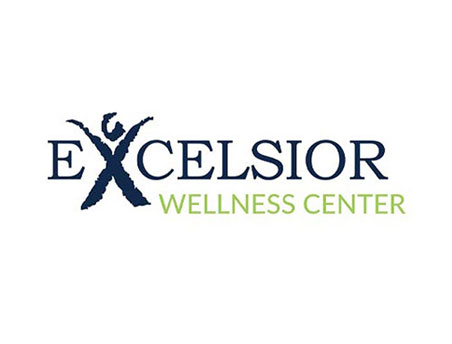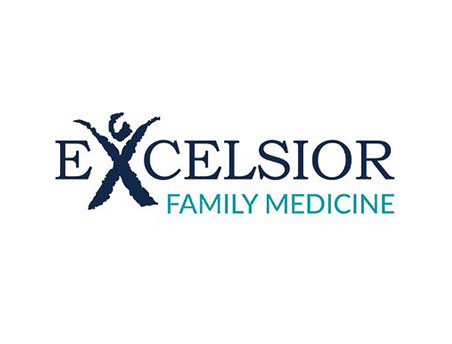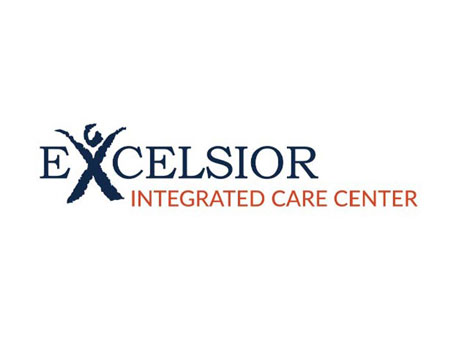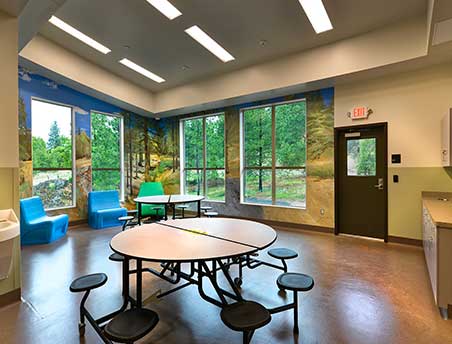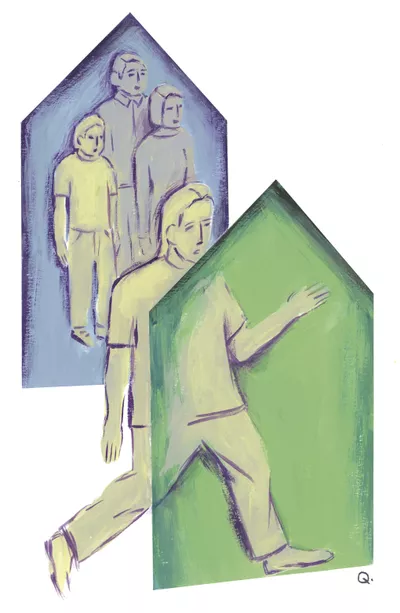February 01, 2021
Each year in Washington state, about 1,800 young adults find themselves unstably housed within a year of leaving a publicly funded system such as foster care or a criminal justice facility, a new agency report says. That too often leads to another problem: homelessness.
In 2018, the State Legislature set a goal for the state to develop a plan to ensure that youths leaving public care systems get support to find stable housing beginning by Jan. 1 of this year. Senate Bill 6560 set in motion that two state agencies develop that new plan to end youth homelessness. A draft plan recently was released.
“The criticality of this bill is to be in service of the young people who at no fault of their own need to have stable housing and stable life situations that will allow them to successfully navigate life as an adult,” said Debra Johnson, spokeswoman for the Washington State Department of Children, Youth and Families. “They’ve endured quite a bit of trauma prior to having entered into care.”
The youths include ones who leave foster care, residential behavioral health services and the juvenile justice system. The planning has focuses that include more transitional housing, access to mental health services and support to gain independent living skills.
Some newer steps in Spokane so far have included expanding transitional housing options as well as plans for a young adult homeless shelter. In the past two years, it’s also meant bringing more youths into conversations for changes, said Bridget Cannon, Volunteers of America senior vice president of youth services in Spokane.
The VOA, which works with homeless youth, also operates the Crosswalk teen shelter and Hope House women’s shelter.
“One of the biggest indications of progress, I think, is incorporating youth voices into our whole process,” Cannon said. “I don’t think previously we have been very good at that. These young people have experienced homelessness and understand what’s working and what’s not.
“That’s been instrumental in all of our designs moving forward in the last couple of years.”
One example is that young adults created a “cheat sheet” now given to youths entering assessments for transitional housing, she said. That happened in the past year.
Previously in going through assessments, young adults told them, “We don’t know necessarily what the next steps are,” she said. “They came up with a cheat sheet for every young person to get about what to expect, what the timelines are and who to contact.
“Since that’s been incorporated, my understanding is we are much more successful getting these young people into housing programs instead of them kind of falling off the rails.”
Recently, Spokane leaders also secured a key extension of a $2.7 million state grant to open a young adult homeless shelter. After officials were unable to find and agree on a shelter location, an interim plan unfolded.
Spokane, Spokane Valley and Spokane County announced in January that they received state Commerce Department approval for that interim shelter plan and deadline delay to begin implementing the three-year grant in April.
The shelter will be operated by VOA, which plans to start using grant funds in April, setting aside 15 beds for young adults at its new women’s shelter downtown and subcontracting with other providers for additional young adult beds.
In the meantime, the shelter will lead the search for a temporary standalone location to be used for about a year along with a plan to identify a permanent site somewhere in the vicinity of Spokane Community College.
“The hope is that this young adult shelter will end unsheltered homelessness for these young adults,” Cannon said. “They do need a different intervention than what they can experience in the more traditional adult shelters. Developmentally, they just need different kinds of supports.”
Additionally, Spokane County became one of four “anchor communities,” along with Walla Walla, Pierce County and Yakima, designated by A Way Home Washington, a public-private partnership that works with the Office of Homeless Youth to address youth homelessness.
In fall 2019, a nearly $1 million grant was awarded to the VOA here to fund living units of transitional housing for young people. The nonprofit is subsidizing their leases and provides staff support while working with youths under the goal for them to take over the leases.
“It’s called master leasing; the VOA signs the lease, and then we do program agreements with the young people,” Cannon said. “If they are doing well and get hooked up with jobs and can afford it and are ready to take over the lease, they essentially kick us out of their apartment. They take over the lease.”
Cannon said VOA has expanded from 10 to about 30 transitional living units. “We’ve expanded the capacity, so just for the VOA, I think we’re right around 30. SNAP also has some additional transitional housing units and rapid rehousing for young adults, as well.”
In July, the state Office of Homeless Youth announced $1.4 million in grants to 10 organizations throughout the state for housing and services, also supporting the goal of ending youth homelessness. As part of that, the Excelsior program in Spokane received a $67,000 grant for its transition living program.
On a state level, the DCYF and the Office of Homeless Youth have worked on the plan that also looks at how to provide mental health and other support services, Johnson said. The steps included juvenile rehabilitation services hiring three housing program specialists to help youths secure housing before release, with a goal eventually to have one in each region.
Some youths exiting public care systems are reunified with a family member, adopted or they go into extended foster care. Based on a review of 2017 information, the state also released data that found about two out of three young people experiencing housing instability after exiting were from the residential behavioral health system.
While only 23% of all those who left systems of care received substance use disorder inpatient services in 2017, more than half of them had indication of that disorder 24 months prior to discharge.
More work is needed, Johnson added, including among state partners to streamline any duplication of services.

